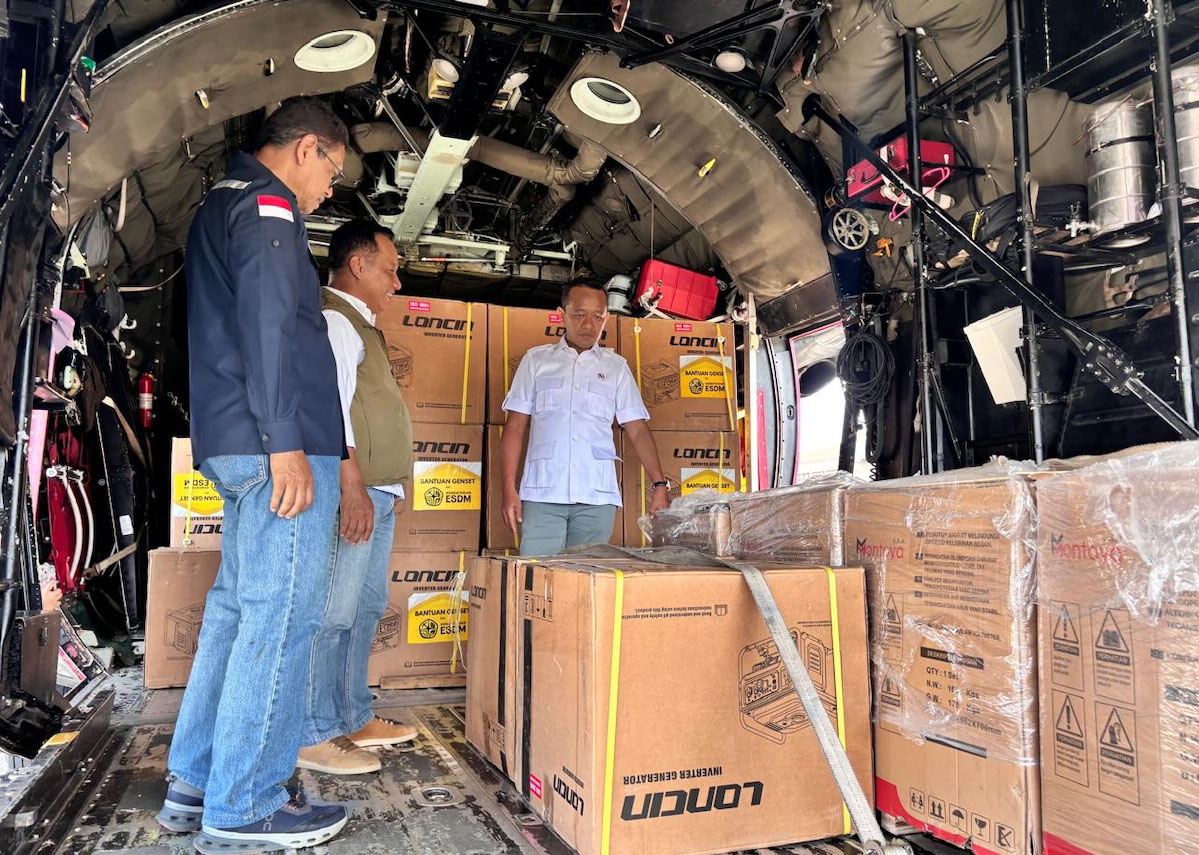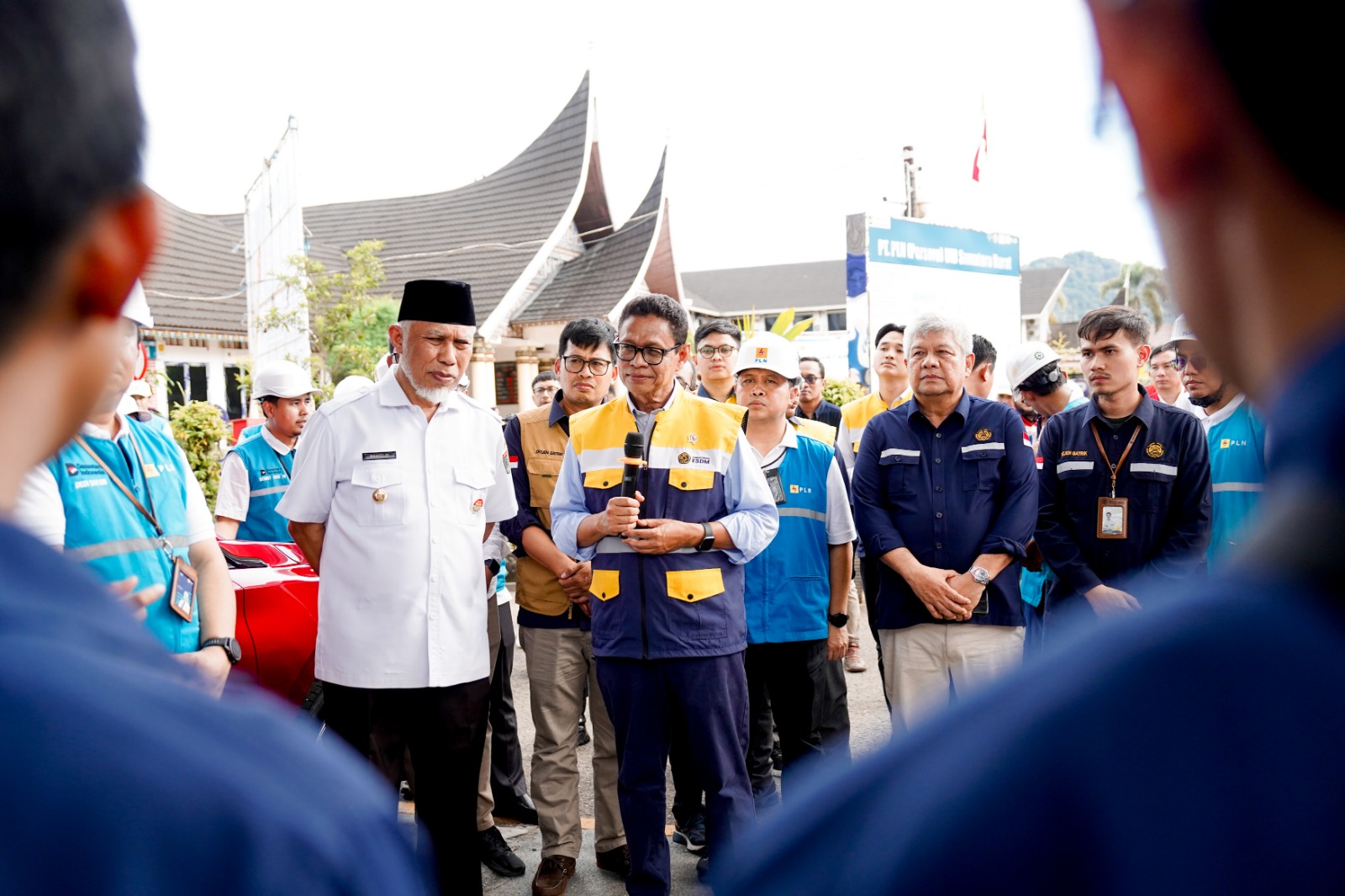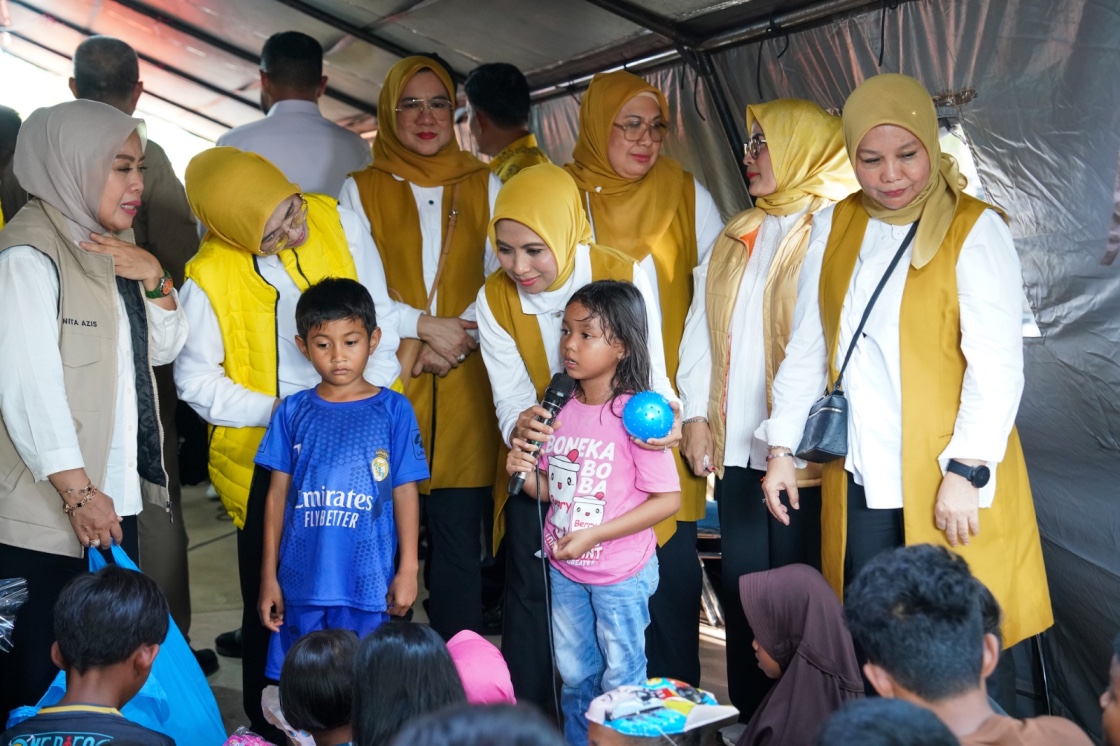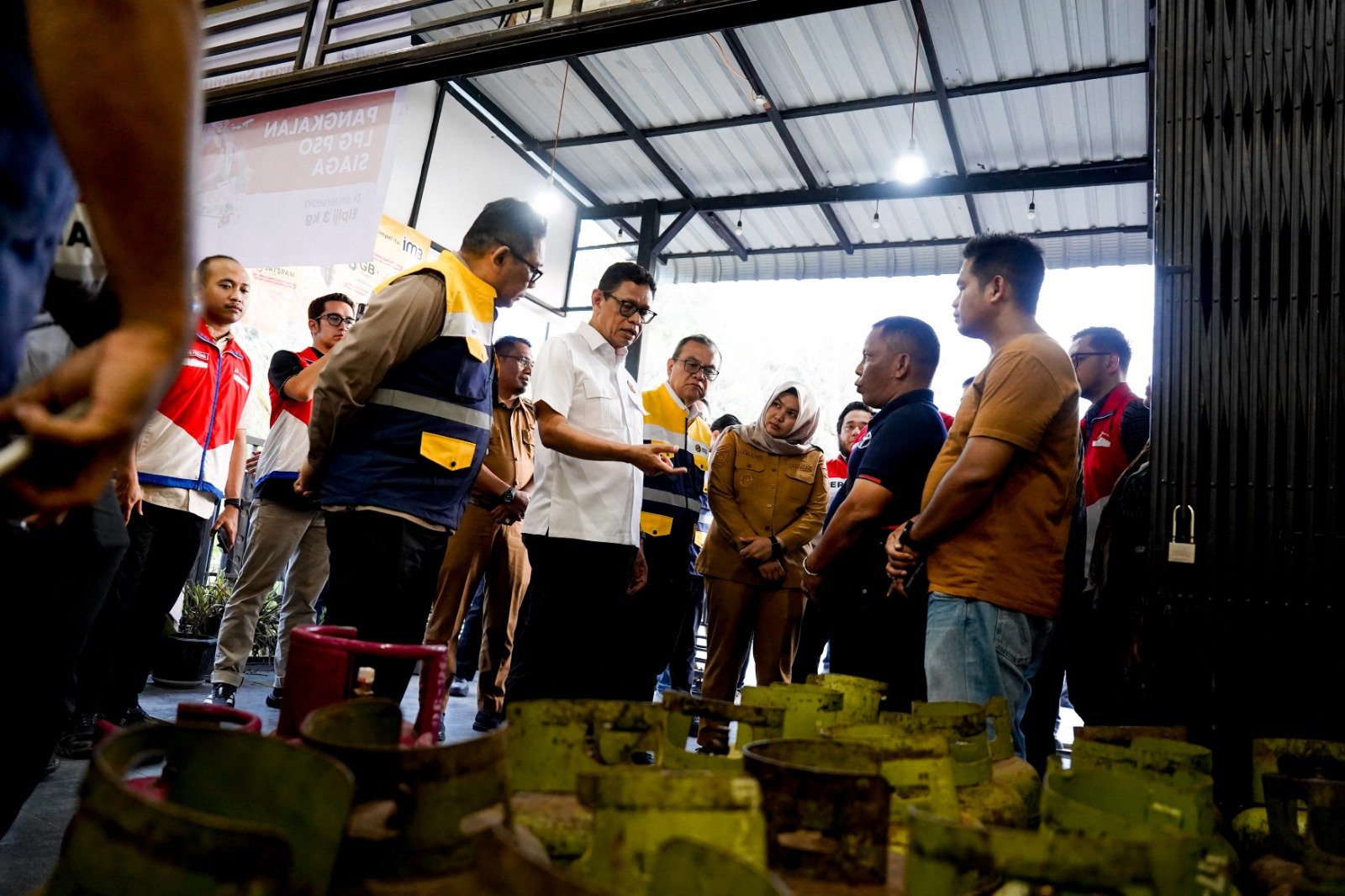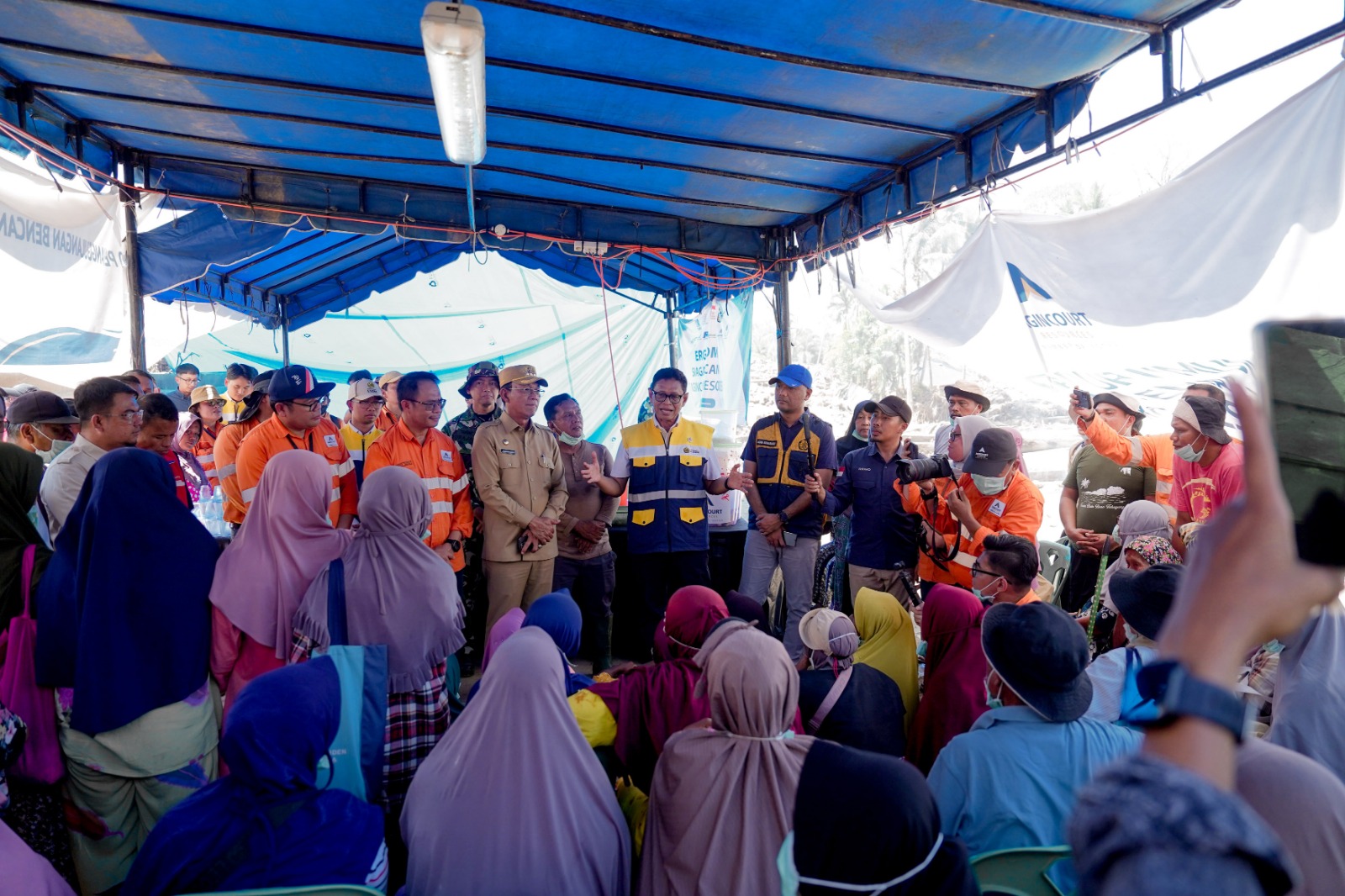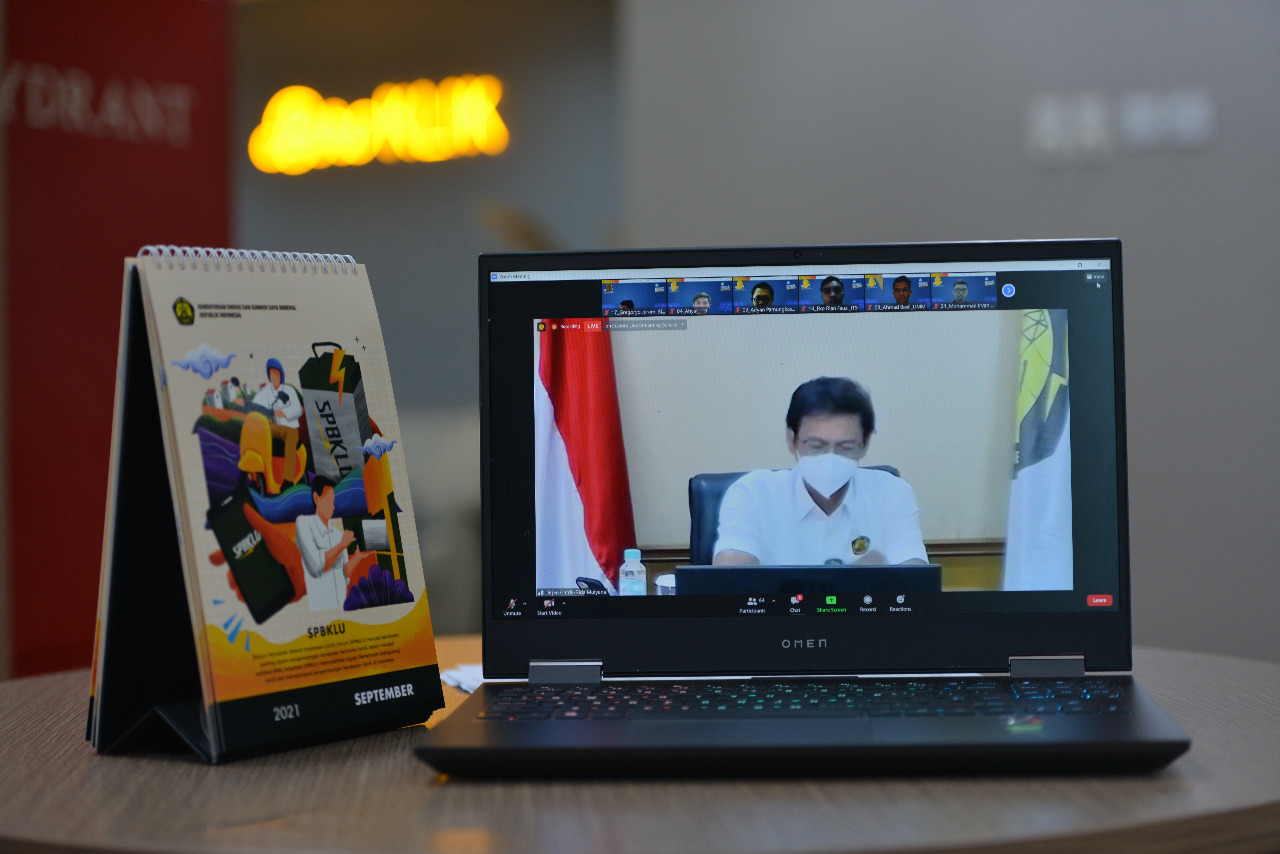
Week Four, Gerilya Participants Receive a Series of Public Lectures
MINISTRY OF ENERGY AND MINERAL RESOURCES
REPUBLIC OF INDONESIA
PRESS RELEASE
NUMBER: 342.Pers/04/SJI/2021
Date: 23 September 2021
Week Four, Gerilya Participants Receive a Series of Public Lectures
The training program titled Freedom to Learn, Independent Campus (Merdeka Belajar, Kampus Merdeka) of Solar Power Initiative Movement (Gerakan Inisiatif Listrik Tenaga Surya) or the MBKM Gerilya organized by the Ministry of Energy and Mineral Resources (EMR) has been taking place for one month. The MBKM Gerilya provides knowledge about solar power systems, especially rooftop solar, with the learning materials include basic theory, regulations, and the use of the Helioscope application to design a solar power system. The learning process is delivered through the Spada Indonesia platform.
In week four, the participants received a series of public lecturers on general policies as well as electricity tariffs and subsidies. On Tuesday (21/9), Director General of Electricity of the Ministry of EMR, Rida Mulyana, shared his experience in leading the electricity subsector.
"We apply three principles to electricity provision, also known as the 3A principles. First, the availability principle which means that electricity must be available in sufficient quantity, the second principle is accessibility, which means that electricity must be accessible via the infrastructure, and the third principle is affordability, meaning that the prices of electricity must be affordable," said Rida, explaining the directions in Indonesia's electricity supply development.
Rida also shared his personal principles on work. "My principles on work are the 3B's. The first B is right (benar), that is, everything you do must follow the rules. The second B is good (baik), which means that not only right but you must also do good, and the third B is barakah (the blessing from God), which means you must do everything sincerely," said Rida, who once served as Director General of New, Renewable Energy and Energy Conservation and held various strategic positions at the Ministry of EMR.
The next speaker of the day was Head of Electricity Business Preparation Sub-directorate of Directorate General of Electricity, Ferry Triansyah, who described in detail the electricity tariffs imposed in Indonesia and the tariff adjustment scheme.
"The electricity tariffs consist of 25 subsidized groups and 13 non-subsidized groups which can be divided into several sub-groups depending on the installed power," said Ferry.
Ferry went on to explain the tariff adjustment for the 13 non-subsidized groups.
Speaking on the large amount of subsidies that are off target, Ferry said the government would use the data on unprivileged people registered at the Integrated Social Welfare Database (DTKS) that had been determined by Minister of Social Affairs. "For unprivileged people, the government will transfer the money to pay the electricity bills directly to their bank accounts that match the NIK (national identity number) registered at the DTKS, and for those who want to report the occurrence of off-target subsidies, they can do so via the Peduli application," Feri concluded.
The next public lecture was delivered on Thursday (23/9), presenting electricity supply-demand and prices as well as the development of new and renewable energy. The lecture was presented by Mohammad Munief Budiman, Executive Vice President of Retail Customer Care of PT PLN (Persero). "PLN, who supplies large amount of the electricity to the state, also supports the use of rooftop solar, which is the government's program; we provide a spinning reserve or a standby unit to back up solar power systems in case of intermittency (unstable supply from solar power systems)," said Munief.
Munief reminded the younger generation, especially the Gerilya participants, that "...to deal with climate change, we have to switch to renewable energy. However, don't let foreigners use this opportunity. We must take advantage of it, for example by using local components for the solar power systems and not depending on imports".
A total of 52 students from 21 different universities will still have to undergo two months of theoretical briefings online and three months of field practice through team-based projects. After completing this program, the students are expected to become clean energy activists in their communities as well as support and disseminate the government's target of realizing 23% share of new and renewable energy in the energy mix by 2025. (IY)
Head of Bureau of Communication, Public Information Services, and Cooperation
Agung
Pribadi (08112213555)
Share This!

